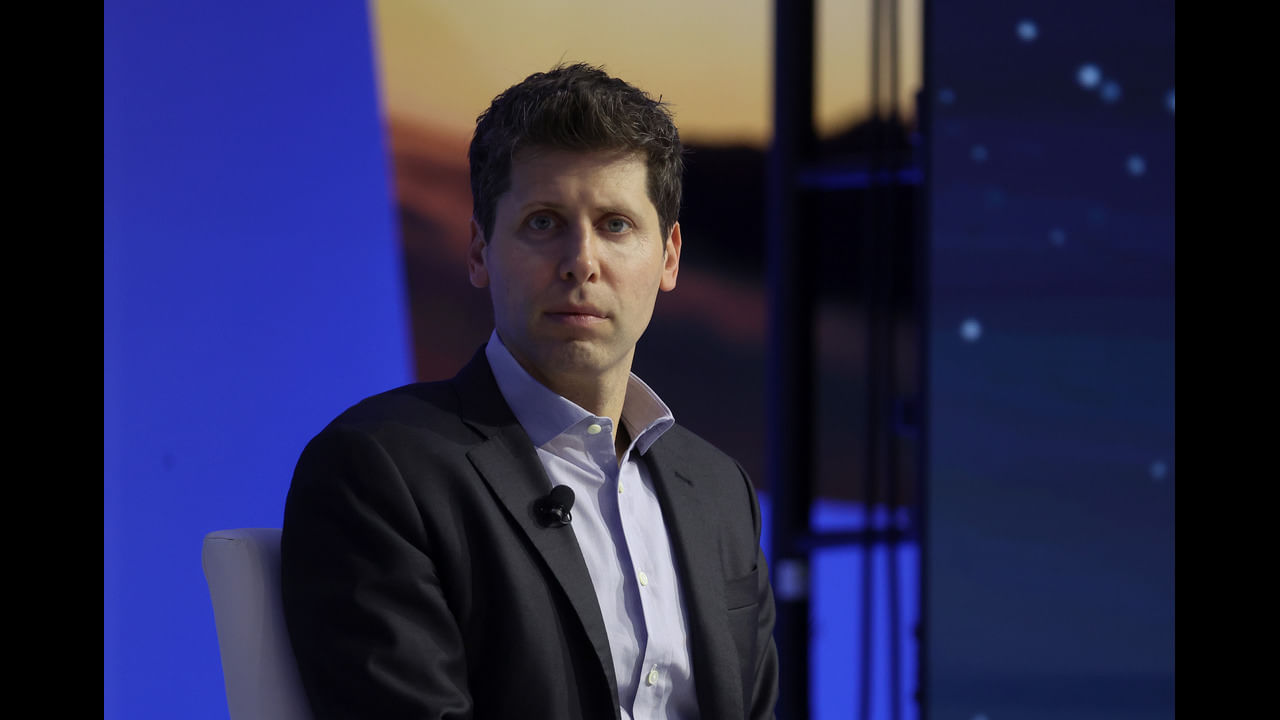New Delhi: OpenAI has announced that one of its experimental artificial intelligence (AI) systems won a gold medal at the 2025 International Math Olympiad (IMO), in what appears to be the first success of the field in an international competition. Not yet published, the model is said to have passed the test by the same rules as human competitors, with no internet, no external help, and no artificial languages allowed to provide proofs.
The model achieved 35/42 points by being able to solve five out of six problems in the competition. This was in line with the gold medal marking this year. As Alexander Wei, a technical employee of OpenAI, reported, the findings were confirmed by three ex-IMO gold medallists who marked the multi-page solutions of the model independently and consistently.
we achieved gold medal level performance on the 2025 IMO competition with a general-purpose reasoning system! to emphasize, this is an LLM doing math and not a specific formal math system; it is part of our main push towards general intelligence.
when we first started openai,… https://t.co/X46rspI4l6
— Sam Altman (@sama) July 19, 2025
Not just a geometry engine, but a general thinker
Although the AlphaGeometry 2 created by Google DeepMind had previously achieved gold-medal performance in geometry, the model created by OpenAI is more general. It was not taught a single kind of math but exhibited success with general-purpose techniques of reasoning and reinforcement learning. Wei argues that this is a radical transition in the narrow AI systems to more general intelligence.
The Olympiad problems are very hard and include profound creativity and logical thinking. There are seven points per problem, and exhaustive explanations are needed. The model presented by OpenAI is claimed to have written complete natural language arguments, including mathematically sound lemmas and conclusions, something that is usually the preserve of trained mathematicians.
Hot take on OpenAI’s IMO gold
What does it mean? I don’t know (yet).
The fact that no tools, coding or internet was used is genuinely impressive.
That said, my overall impression is that OpenAI has told us the result, but not how it was achieved.
That leaves me with many…
— Gary Marcus (@GaryMarcus) July 19, 2025
Scepticism and verification concerns remain
Some experts have urged caution in spite of the impressive claims. Professor Gary Marcus at New York University and often critical of AI, wrote that the findings have not been independently verified by the IMO authorities. The success is a powerful in-house standard without third-party confirmation, but it is not a certified competition result yet.
Nevertheless, the emergence of the technology occurs when organisations such as DARPA are deploying resources in AI applications that can support advanced math studies. A computer model capable of proving and checking math theorems would accelerate discovery exponentially, leaving human scientists to concentrate on imaginative ideas.
A step towards general AI
Sam Altman, the CEO of OpenAI, reacted to the news by pointing at the bigger picture. It is an LLM performing math, he said, not a formal math engine. The performance of the model supports the visions of OpenAI in creating artificial general intelligence (AGI), which can perform various multifaceted tasks not limited to chat or code.
The company, however, explained that it does not intend to put the model out soon. Although its functions are also impressive, OpenAI still seems to be determined to conduct additional testing and improvement before making it available to the general population.
